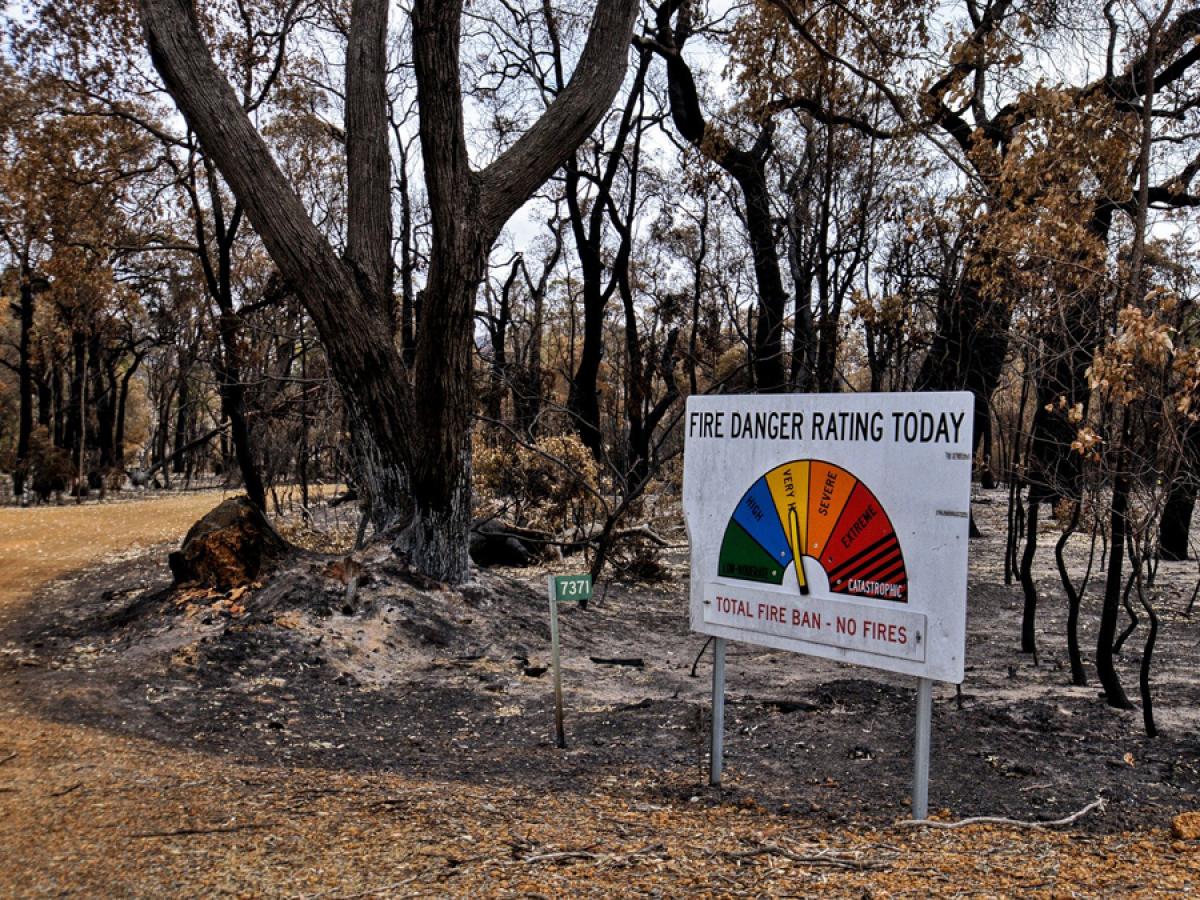
University of Adelaide researchers will partner in the multi-state rollout of a disaster preparedness model, funded by the federal government.
The Psychological Wellbeing, Resilience, Preparedness and Adaptation in Rural Communities for Extreme Weather Project will receive $5 million from the Medical Research Future Fund.
University of Adelaide School of Psychology Senior Lecturer Dr Amanda Taylor and Chair of Psychology Professor Deborah Turnbull, as well as Professor Peng Bi, School of Public Health, will work alongside University of South Australia Associate Professor Kate Gunn and project leader Associate Professor Suzanne Cosh (a University of Adelaide graduate) and her team from the University of New England (UNE) on the project.
"Having grown up in a rural community, and being from a farming family, I have experienced the fear and deep worry that comes from natural hazard threats like fire and drought," said Dr Taylor.
"I am excited to be part of this team of largely rural based clinicians and researchers, working to support psychological preparedness and build resilience in our rural communities in South Australia and across Australia.
"This approach has been co-designed with rural communities, and will continue to involve communities at every stage of this project."
The community-led framework created as part of the project was trialled and designed at UNE will now be rolled out in nine communities with populations of under 15,000 people and which are prone to natural hazards like drought, bushfires and flooding.
"This project is particularly important for rural and remote Australians in the context of climate change," said Professor Bi.
Researchers from Curtin University, Federation University and Colorado University in the United States are also involved.
"A lot of the resourcing to date has gone to disaster recovery," said Associate Professor Cosh.
"We now need to shift to preparedness, resilience-building and adapting to climate change, especially as more people are exposed.
"Physical preparedness needs to be accompanied by psychological preparedness, to promote community cohesion and protect mental health ahead of climatic events and to protect residents from future environmental threats."
Additional partners include local health districts and primary health networks, the Australian Institute for Disaster Resilience, the Australasian Fire and Emergency Service Authorities Council, Armidale Regional Council, Disaster Relief Australia and Meat and Livestock Australia.






